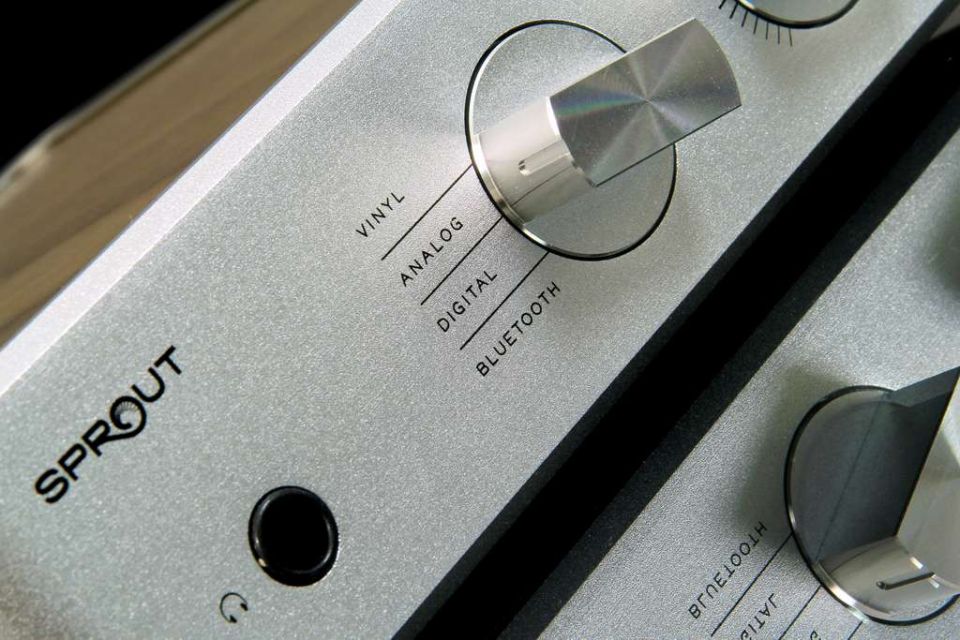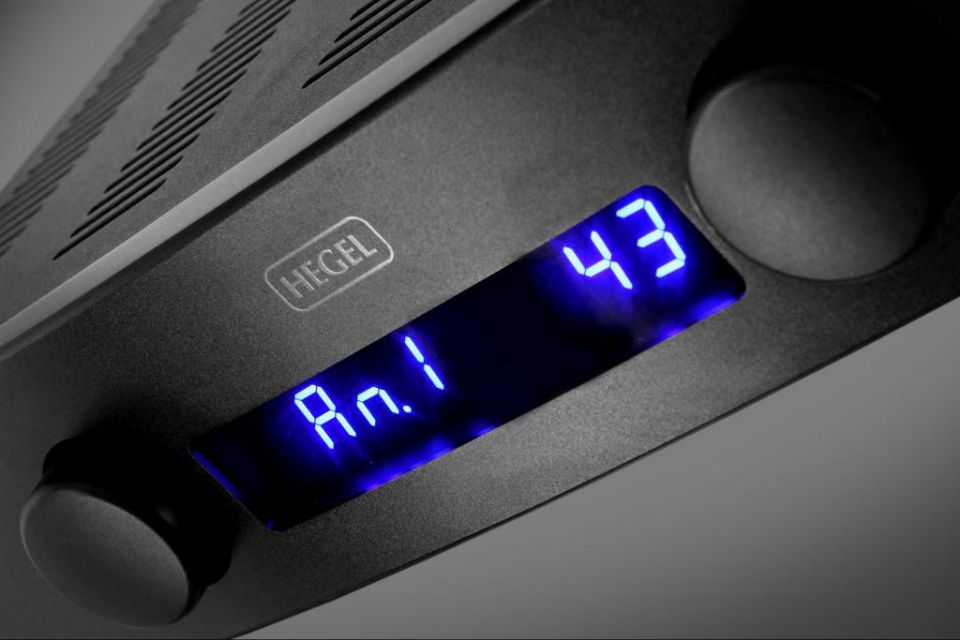G Lab Design Fidelity Block
5.5-watt tube amplifier made by a young, little-known company? It doesn't sound like a recipe for success, does it? But when we saw this amp, we knew we have to review it. Block is a product of G Lab Design Fidelity company, whose aim was to design a tube amp for the 21st century. The device looks spectacular, but is simple in its form, which - according to the manufacturer - is also reflected in its internal structure. Maybe the company is young, but obviously people with experience and clear vision stand behind it.



